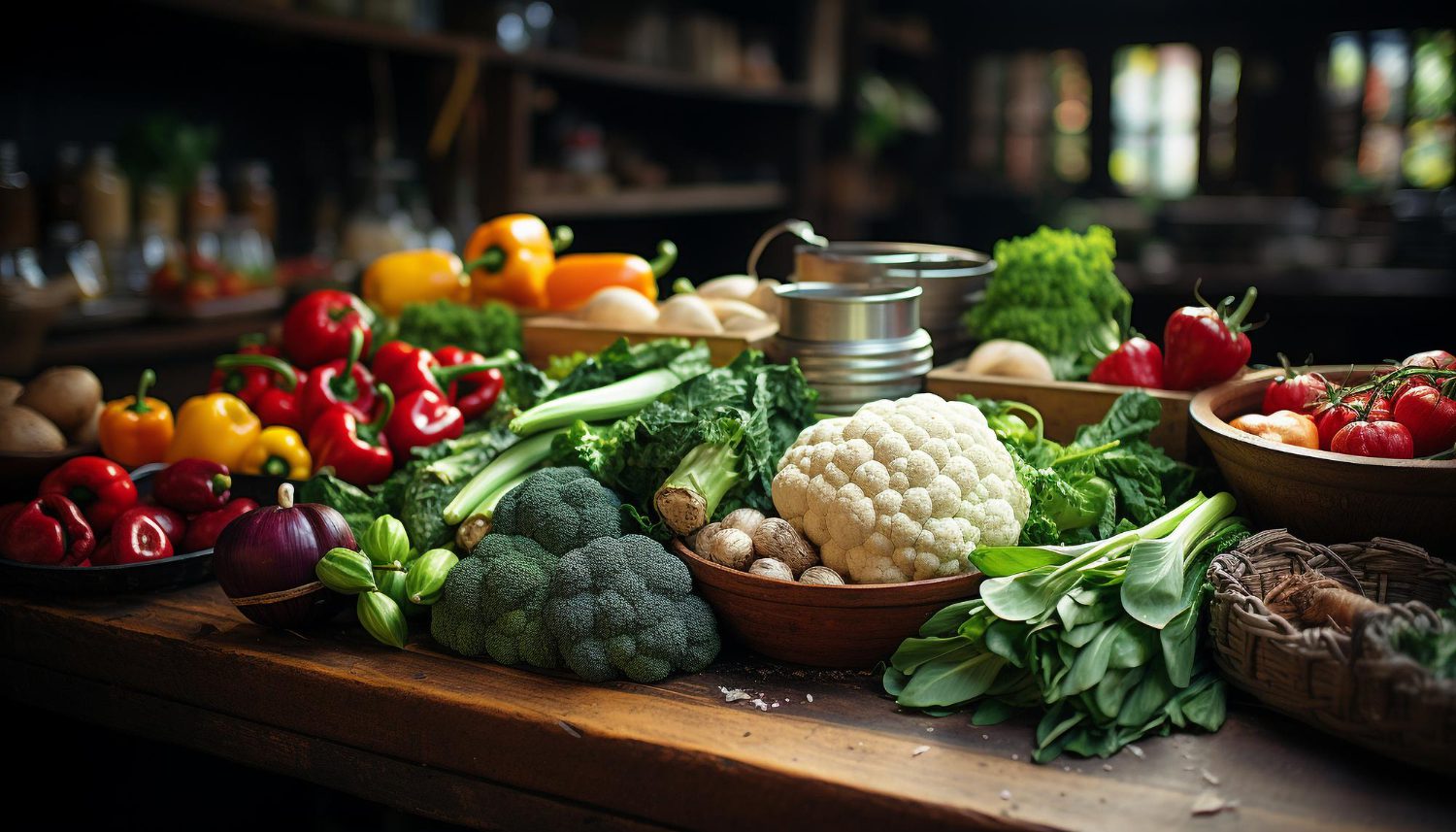
As we age, our bodies undergo various changes, including shifts in metabolism and nutrient absorption. These changes make it essential for older adults to pay close attention to their dietary habits to maintain optimal health and well-being. In this article, we’ll explore some essential dietary strategies tailored specifically for older adults, ensuring they get the nutrition they need to thrive in their golden years.
Understanding Nutritional Needs of Older Adults
Older adults often experience changes in metabolism, nutrient absorption, and appetite. These changes can lead to deficiencies in vital nutrients such as vitamin D, calcium, and B vitamins. Additionally, factors such as medications and chronic health conditions can further impact nutrient absorption, making it crucial for seniors to focus on nutrient-rich foods.

Balanced Diet for Older Adults
A balanced diet is the cornerstone of good health at any age, but it’s especially important for older adults. These foods provide essential vitamins, minerals, antioxidants, and fiber necessary for optimal health and vitality.
Hydration and Its Role in Senior Nutrition
Proper hydration is vital for seniors to maintain overall health and well-being. Dehydration can lead to a range of health issues, including urinary tract infections, constipation, and confusion. Older adults should aim to drink plenty of fluids throughout the day, including water, herbal teas, and broths. Eating water-rich foods such as fruits and vegetables can also help maintain hydration levels.
Key Vitamins and Minerals for Older Adults
Certain vitamins and minerals play a crucial role in supporting the health and vitality of older adults. Vitamin D, for example, is essential for bone health and immune function. Seniors should ensure an adequate intake of vitamin D through sunlight exposure and dietary sources such as fortified foods and supplements. Similarly, calcium and magnesium are important for bone health and muscle function, making them essential nutrients for older adults.
Managing Portion Sizes and Meal Frequency
As we age, our calorie needs may decrease due to changes in metabolism and activity levels. Seniors should pay attention to portion sizes to avoid overeating and maintain a healthy weight. Eating smaller, more frequent meals throughout the day can help prevent overeating and provide a steady source of energy.
Special Considerations: Dietary Restrictions and Allergies
Many older adults have dietary restrictions or food allergies that require special attention. Common dietary restrictions include gluten intolerance, lactose intolerance, and diabetes. Seniors should work with a healthcare professional or registered dietitian to develop a personalized meal plan that meets their specific dietary needs while still providing all the essential nutrients.
Meal Planning and Preparation Tips
Meal planning can help seniors ensure they have nutritious meals available throughout the week. Seniors can simplify meal planning by choosing simple recipes, using pre-cut vegetables, and cooking in batches. Additionally, involving friends or family members in meal preparation can make cooking more enjoyable and social.
Incorporating Supplements Wisely
While a balanced diet should provide most of the nutrients older adults need, supplements may be necessary in some cases. Seniors should be cautious when taking supplements and only use them under the guidance of a healthcare professional. Some supplements may interact with medications or have side effects, so it’s essential to consult with a healthcare provider before starting any new supplement regimen.
The Role of Socialization in Healthy Eating
Eating meals with others can enhance the dining experience and promote healthy eating habits. Seniors should make an effort to share meals with friends, family members, or neighbors whenever possible. Community programs and senior centers may also offer group meal options and social activities for older adults.
Physical Activity and Nutrition for Healthy Aging
Physical activity is an essential component of healthy aging and can complement a nutritious diet. Regular exercise can help seniors maintain muscle mass, bone density, and flexibility. Seniors should aim for a combination of aerobic, strength training, and flexibility exercises to support overall health and well-being.
Overcoming Common Challenges
Older adults may face various challenges that affect their appetite and ability to eat well. These challenges may include dental problems, medication side effects, or difficulty swallowing. Seniors should work with healthcare professionals to address these challenges and find solutions that allow them to enjoy nutritious meals.
Seeking Professional Guidance
If you’re unsure about your dietary needs or have specific health concerns, it’s essential to seek guidance from a qualified healthcare professional. A registered dietitian or nutritionist can help you develop a personalized meal plan that meets your nutritional needs and supports your overall health and well-being.
Monitoring and Adjusting Dietary Strategies
As your health needs change over time, it’s essential to monitor your dietary habits and make adjustments as needed. Regular health check-ups can help identify any nutritional deficiencies or health issues early on, allowing you to take proactive steps to address them. By staying informed and proactive about your dietary habits, you can support your overall health and well-being as you age.
Conclusion
In conclusion, essential dietary strategies are vital for older adults to maintain optimal health and well-being as they age. By focusing on nutrient-rich foods, staying hydrated, and seeking professional guidance when needed, seniors can support their overall health and vitality. With a balanced diet, regular physical activity, and social support, older adults can enjoy a vibrant and fulfilling life well into their golden years.







